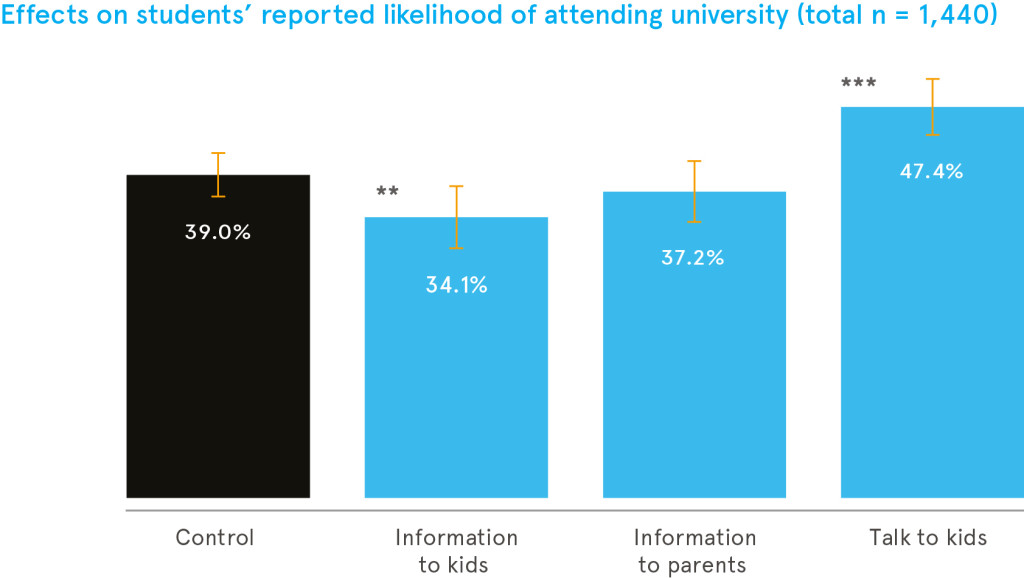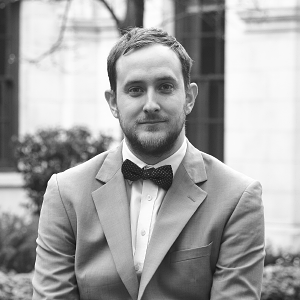Today we are publishing our latest report which applies behavioural insights to schools in Somerset. This report is the culmination of a year of work conducted jointly with the Somerset Challenge, a collection of secondary schools in Somerset who are working together to improve outcomes for young people in the county.
The report contains the results of trials across three areas – boosting students’ aspiration, increasing teacher recruitment and motivation, and delivering feedback in novel ways.
Our aspiration work, inspired by the work of Caroline Hoxby in the United States and Jake Anders in the United Kingdom, works to address the phenomenon that young people from lower income families, and particularly families without a history of attending university, are less likely to apply to university, and particularly less likely to apply to prestigious university, than young people from wealthier backgrounds.
In our study, we test three interventions – providing young people with information about the costs and benefits of attending university, providing the same information to their parents, and giving them a short talk from a former student from their area who went to university. Interestingly, we found no positive effect of just providing information to people – suggesting that it isn’t simply a misunderstanding about costs that is causing people not to apply to university. The talk, however, significantly increased students reported likelihood of applying to university. Further analysis also reveals that this is primarily driven by their beliefs about whether they would have an interesting life if they attended university, or whether they would have better friends. So, when it comes to aspiration, it seems as though the heart rules the head.
In a different study, prospective teachers either from a University in the South West or Teach First, were emailed one of two messages – one of which emphasised that jobs in Somerset would allow them to make a difference and help people, while the other emphasised the challenges of teaching in this kind of environment. Interestingly, teachers from both places were more likely to show an interest in teaching in Somerset if they received the “challenge” message than if they received the “make a difference” message.
The main thing we’ve learned from our collaboration with Somerset is that small interventions can have substantive effects, and that we can work closely with teachers on the ground to challenge conventional wisdom in important areas.

